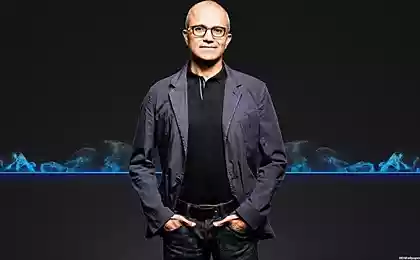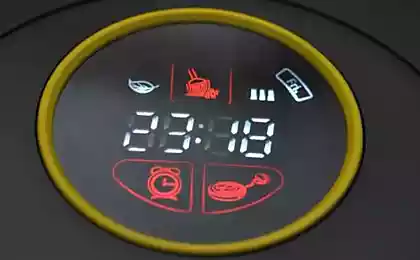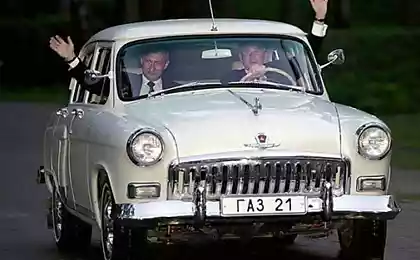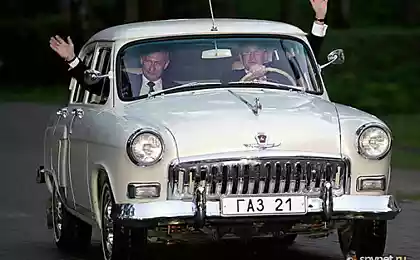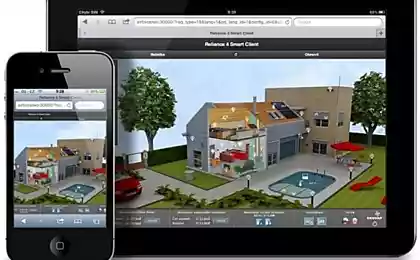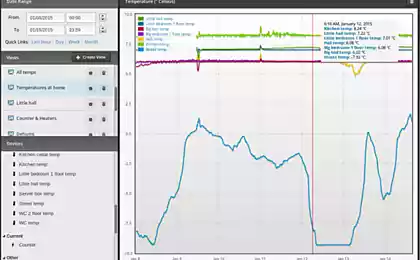Smart City: Are you ready to sacrifice privacy for the sake of efficiency?
Privacy should play an important role in the strategy of the city, otherwise citizens will be afraid of innovative technologies. Wim Elfrink, executive vice president of industry solutions and the head of the globalization of Cisco, heads the team, whose work is dedicated to the creation of "smart cities". He was confident that the authorities are obliged to give citizens a choice - whether you can use their data.
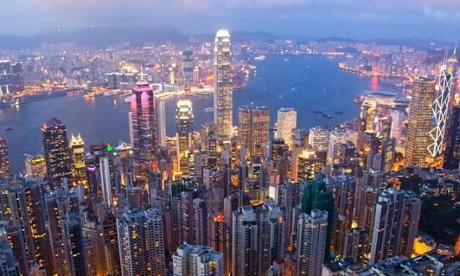
Authorities worth asking citizens when running projects aimed at improving the efficiency of the city due to the optimization of public services according to whether those tracking them.
In London, for example, has already put a number of sensors to create a "smart city". Sensors gather information about the availability of parking, electricity consumption and other data, analysis of which allows you to learn about the existing problems.
For example: processing information from sensors with parking Westminster showed that drivers usually ride on the same route in search of parking, after which the authorities have enacted laws that encourage car owners to look for vacancies in the nearby streets.
Here is the parking sensor used in Westminster.
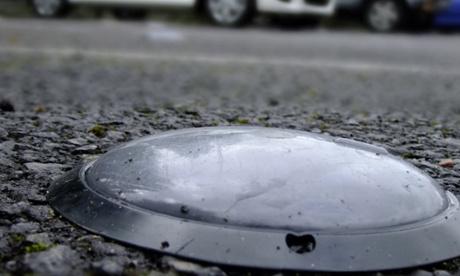
The company has already received a backlash on the tracking of movement of citizens. Visitors Nordstrom, a major US chain stores, not very satisfied byle detection sensors that monitor their movements through the store.
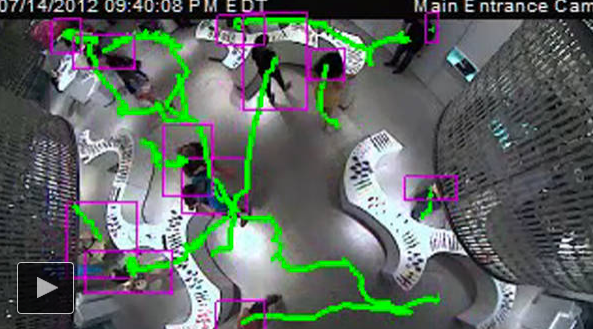
The company was forced to close Renew program, which tracks the movement of citizens on the street. The sensors were mounted in the litter bins along the street Cheapside ... CEO argued that citizens can abandon tracking them - but most of those for whom traced, nothing about this program never heard.
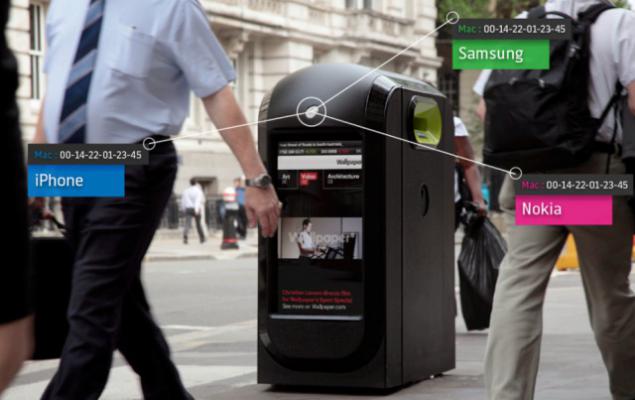
Particular attention Elfrink as "a pioneer in the field of smart cities in the last seven years" (as he calls himself) pays Barcelona.
Along with the equipment "smart parking" Elfrink suggests that the city authorities could give citizens tax relief in the event that these citizens are not so much garbage thrown. The fact that the machines collecting debris can then go on more efficient routes - ignoring certain days of those containers which must not be clogged.
It was in Barcelona most of the garbage containers equipped with sensors. Instead go to the half empty container, spending time and therefore money.
Another interesting area of work - urban lighting. Its intensity in Barcelona controlled depending on weather conditions.
The best will be those of the city, where the authorities are working closely with the developers. Blockquote>
Elfrink also said that London is "definitely" smart city, and praised David Cameron for what he encourages innovation. He also advises to double the budget for the Internet of Things. And, of course, you need to connect to the Internet every kettle and fridge.
An important element of the "smart city" Pitchfork calls Elfrink developed policies around data processing and the close relationship between the authorities and the community of developers, business. Such communication can be said to "friendship", forces to create new projects and work for the good of the city.
And while big companies like IBM and Cisco, are likely to be ready in the early stages to help the city by all means, investing in its infrastructure for further orders, namely, local developers will create the most useful applications. Another question - how these applications will be used, and how citizens will react to them.
And, of course, the question is ... Are you willing to endure invasive methods of data collection for the sake of improving the efficiency of your city?
Yes No I do not care Only registered users can vote in polls. Sign , please. 755 people have voted. 94 people abstained.
Source: habrahabr.ru/post/219397/








